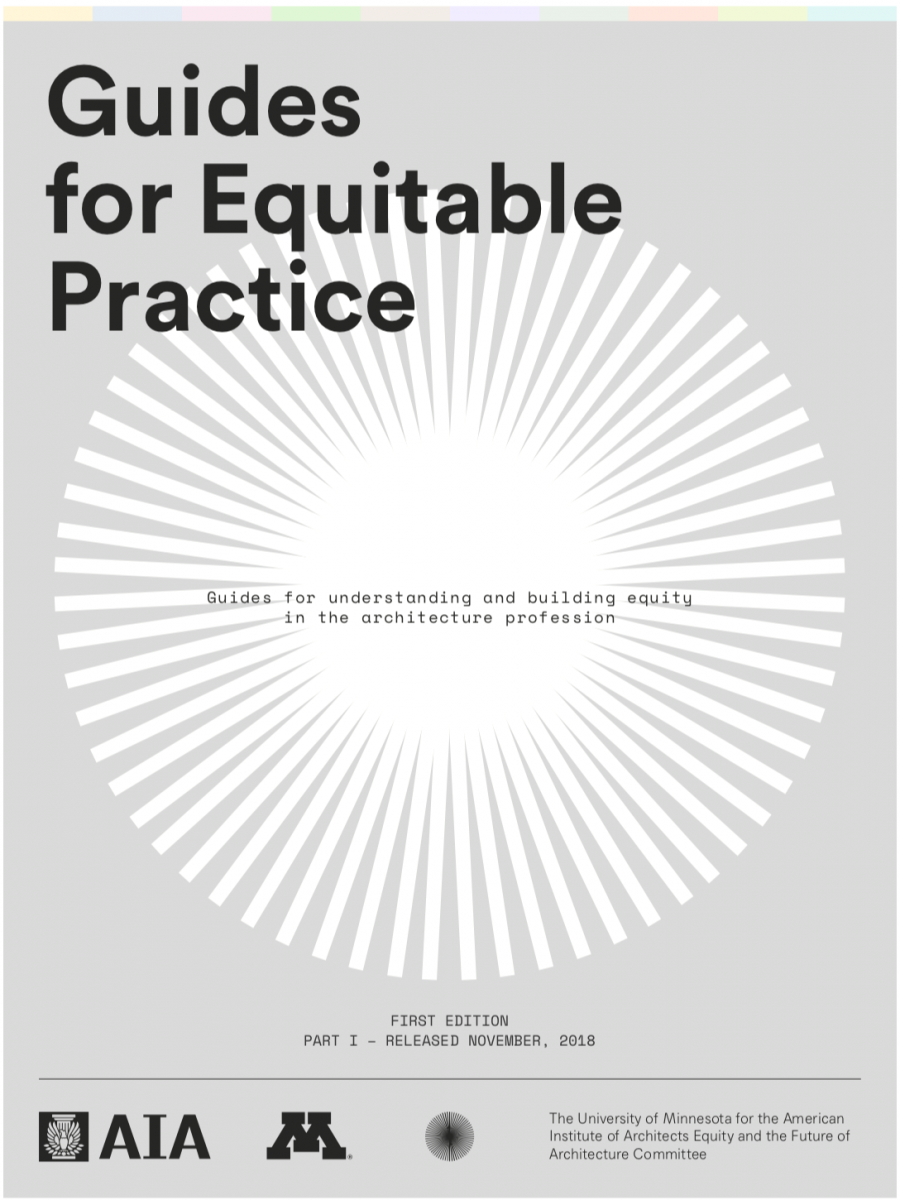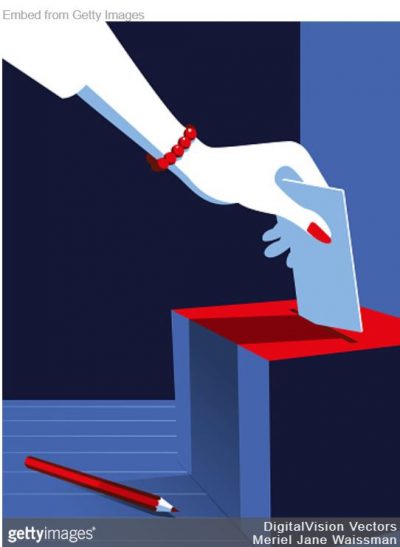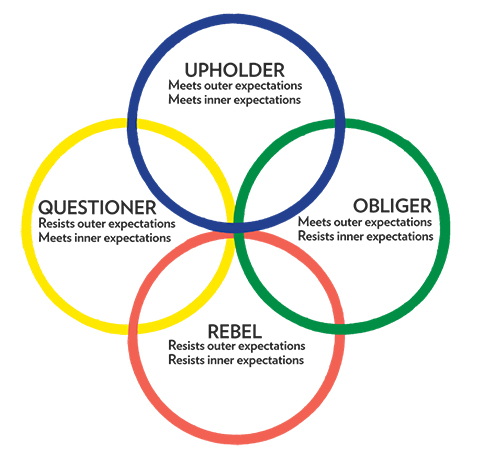
AIA Chicago Equity Roundtable
June 28, 2019
Commemorating the Centennial of Women’s Suffrage
March 12, 2020The Four Tendencies
By Rachel K Oleinick, AIA
I’m a sucker for personality tests. I like playing the game of self-discovery, even if it’s just for fun. Harry Potter house? Ravenclaw. Meyers-Briggs? INTJ (appropriately, The Architect). Enneagram? Varies between Type 3 (Achiever), Type 5 (Investigator), and Type 8 (Challenger). And at the AIA Women’s Leadership Summit earlier this year, I attended a panel that introduced me to a new personality test, this one by Gretchen Rubin, called the Four Tendencies. I found this one a little more directly relevant to my work and home life, since its focus is less on innate preferences and more on habitual actions. The quiz (found here: https://quiz.gretchenrubin.com/) asks how you address obligations in your life, and frames it into categories: Outer Expectations, such as a work deadline or a coffee date with a friend, and Inner Expectations, such as a resolution to go to the gym or learn a new hobby. Your approach to both kinds of expectations sorts you into one of four different tendencies, as in the diagram below.

An Upholder meets both outer and inner expectations, and does what others expect of them, and what they expect of themselves. A Questioner relies on their own judgement to choose which expectations merit consideration, and will meet their own inner expectations while questioning outer ones. An Obliger meets outer expectations, and often sacrifices meeting inner expectations to do so. And a Rebel resists both outer and inner expectations, and needs to do things their own way on their own terms.
What I found particularly clever about this personality quiz is that it does a great job of explaining behavior, instead of simply confirming preferences and self-images most people already know about themselves. The panel attendees saw this in a microcosm, as the room was split up into these four categories – only the Rebels ended up sitting on the floor! And in discovering my Rebel tendencies, I realized just why I’m thriving in a profession that has so many challenges and obstacles for women practitioners.
Motivating Rebels is a challenge. Simply telling a Rebel to do a task will frequently trigger a knee-jerk resistance – this explains why every time someone tells me I need to watch this or that tv show my first instinct is a contrary NO! But appealing to an expectation-breaking self-identity and having something to resist or defy can be a great motivator. Simply being a woman in this profession feeds into that desire for rebellion and defiance – “No, I’m not the assistant; I’m the architect.” And it’s definitely shaped my life both at work and at home.
Being able to fix on these means of motivation has helped me understand why trying to adopt more typical resolutions and expectations is dooming myself to failure, and how I can reframe my obligations and responsibilities such that I can meet them and achieve success. As Gretchen Rubin writes, Strategy of Identity – an appeal to one’s self-identity and self-image – can reframe an expectation like “going to the gym” into “being a strong athlete.” Or Strategy of Other People – using a method that sets you apart from others – can reframe that same “going to the gym” expectation into “deadlifting two times my body weight.” I’m still getting the benefits of regular exercise, but in a way that aligns with my tendencies away from the expected, making it so much more likely that I’ll stick with it.
Another strategy is using information-consequence-choice to explain a task. Rubin’s example is that of a physician telling a patient about post-surgery physical therapy, and framing it this way: “My experiences with my previous patients shows that when people do their post-op rehabilitation exercises, they’re much more likely to regain full strength and independence, and experience less pain. But of course it’s up to you to decide what you want to do.” This is not a command to “do your physical therapy”, which will trigger a rebellious reaction. It is an explanation of the task and its consequences, and most importantly a presentation of a choice.
My tendency to resist the status quo means I’m eager to break with “how things have always been done” and experiment. I like to think that I don’t make the same mistake twice, and that I move on to bigger and better mistakes. Sometimes this results in a new method for tracking and forecasting staffing hours, or a better procedure to manage consultants and contractors. Other times it blows up in my face – I’ve gotten very good at damage-control correspondence. Either outcome is a learning experience, and keeps me from stagnating. Better yet, I teach others the lessons from my mistakes, and ask for stories of similar experiences from my colleagues to learn their lessons in turn. In teaching others these lessons, I’ve presented in the information-consequence-choice style, even before learning about this strategy formally, simply in response to my own tendencies and my knee-jerk resistance to commands.
Most personality tests are about as reliable as fortune cookies for predicting how a person will perform or behave in real situations. What I found interesting about the Four Tendencies quiz is that the focus is not on preferences, but on behaviors. Finding out I have Rebel tendencies really struck a chord with me, and this categorization has explained why I’ve failed to meet expectations in the past, and how I can set myself up for future successes.

